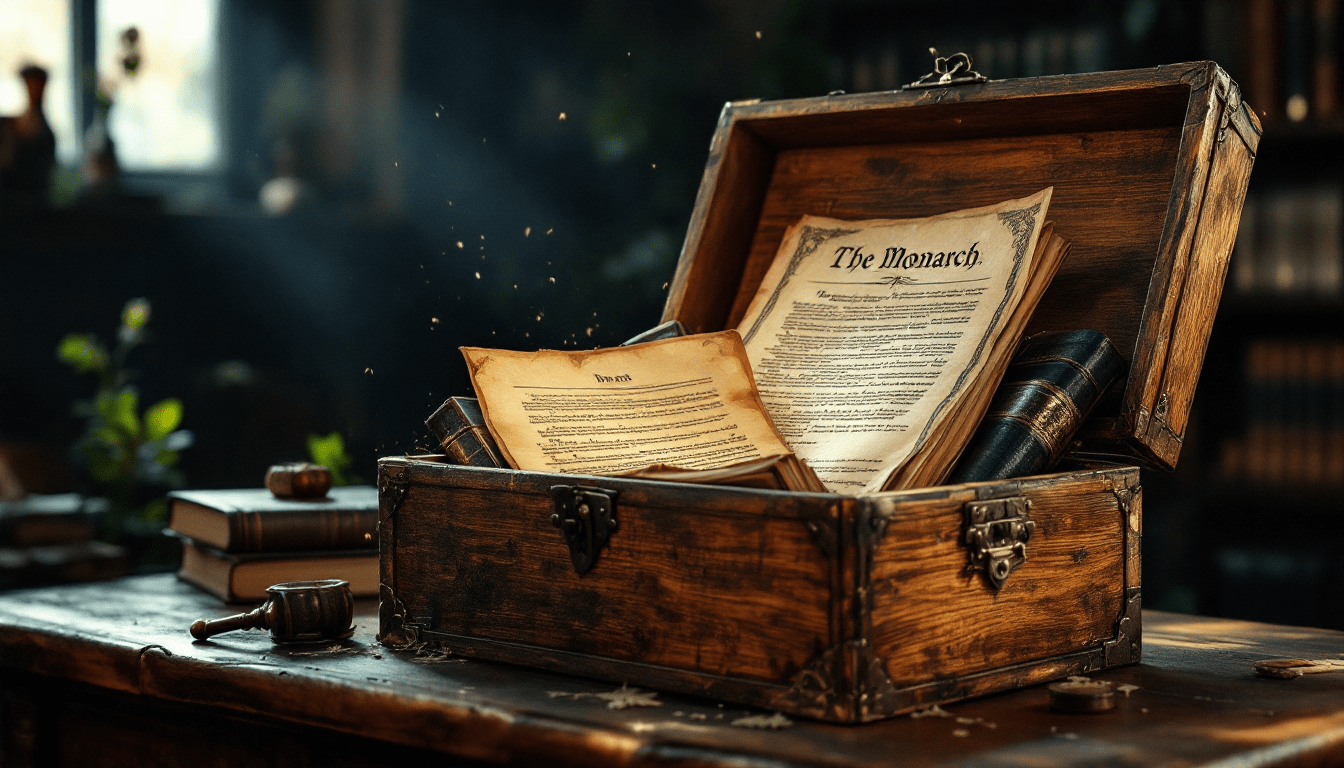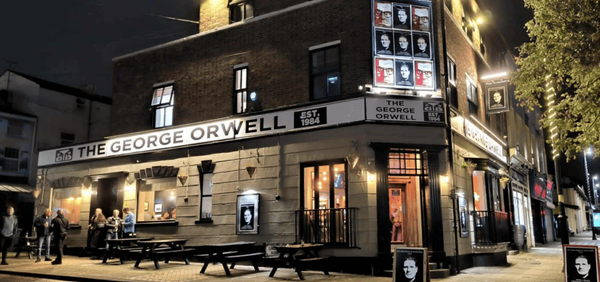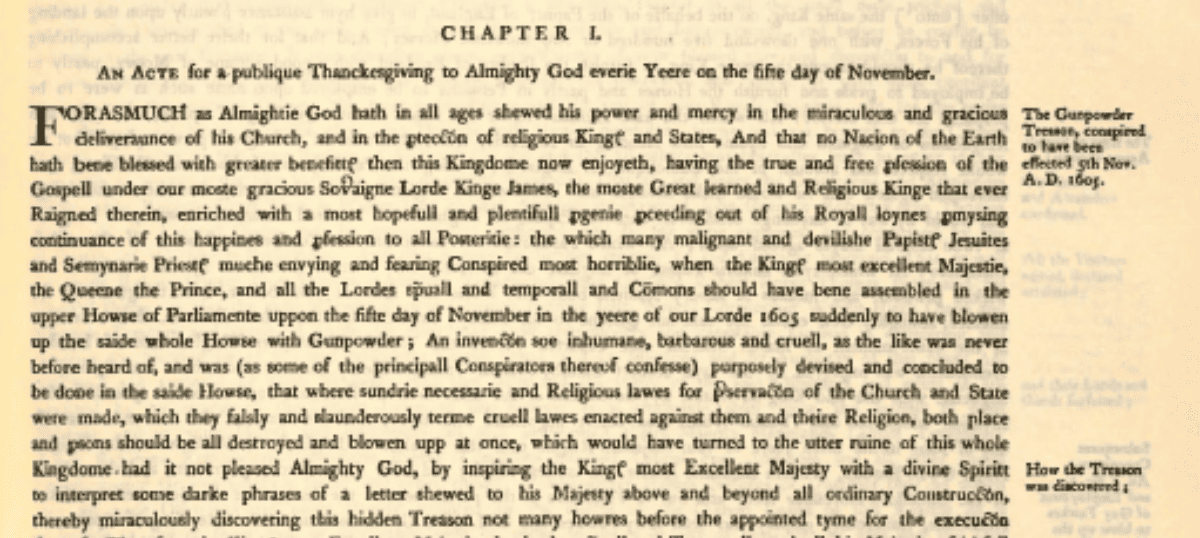The Root of All Authority To Govern Our English People
Ultimate sovereignty lies with the English People, not Parliament. The Monarch's authority to govern originates from an "Original Contract," held conditionally in Trust. When this contract is breached through constitutional subversion, the Monarch abdicates, leaving government illegitimate.






